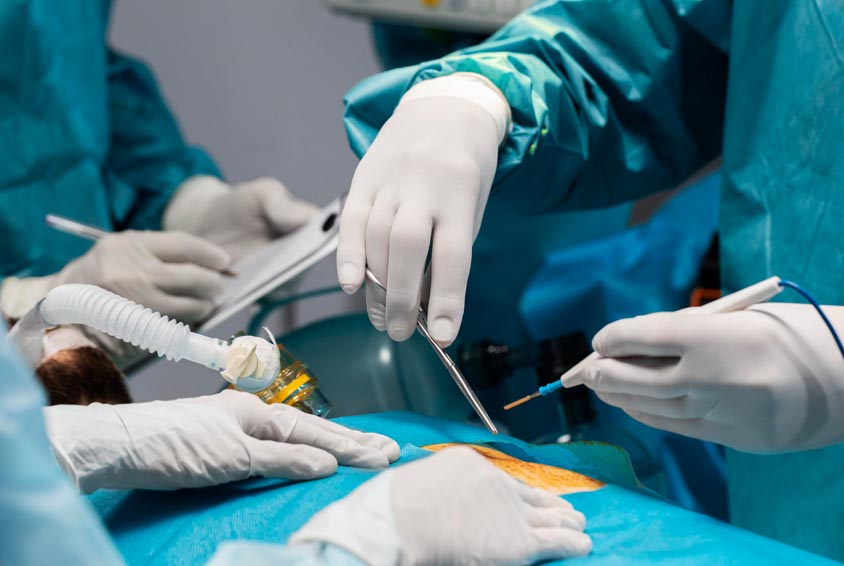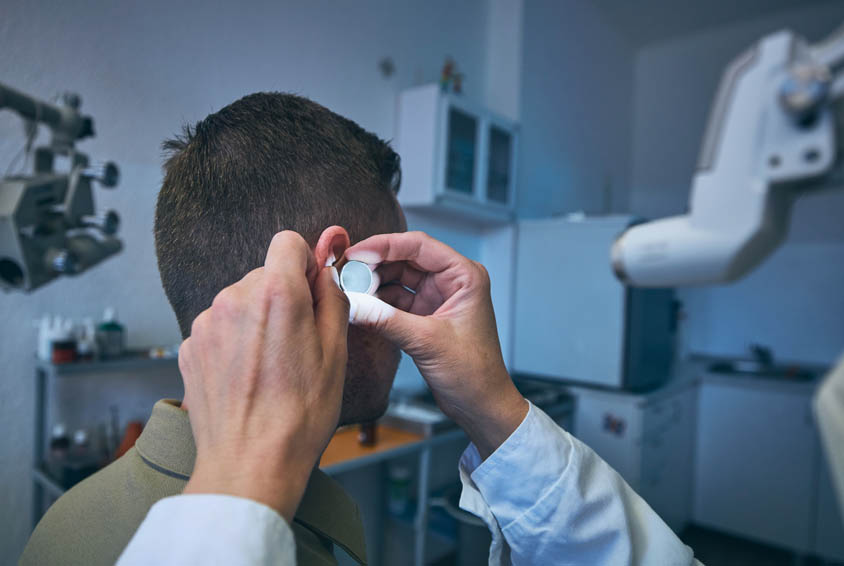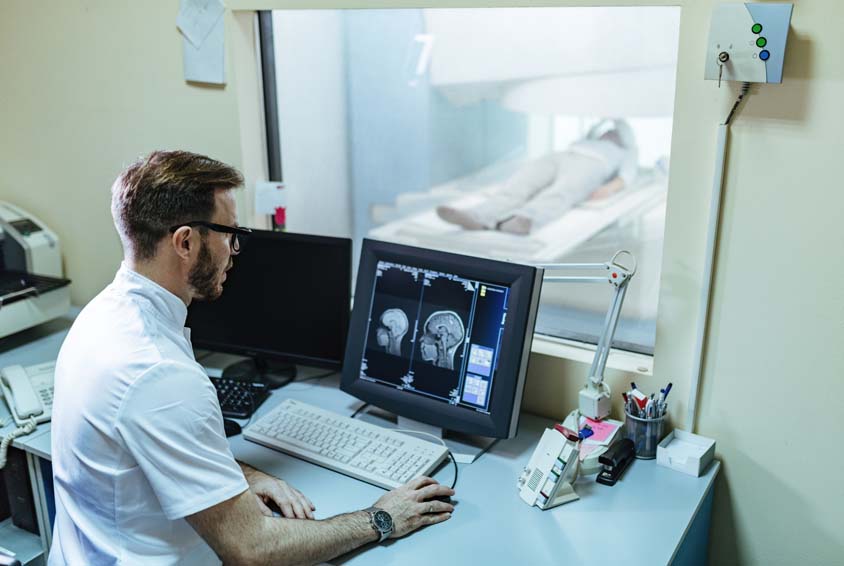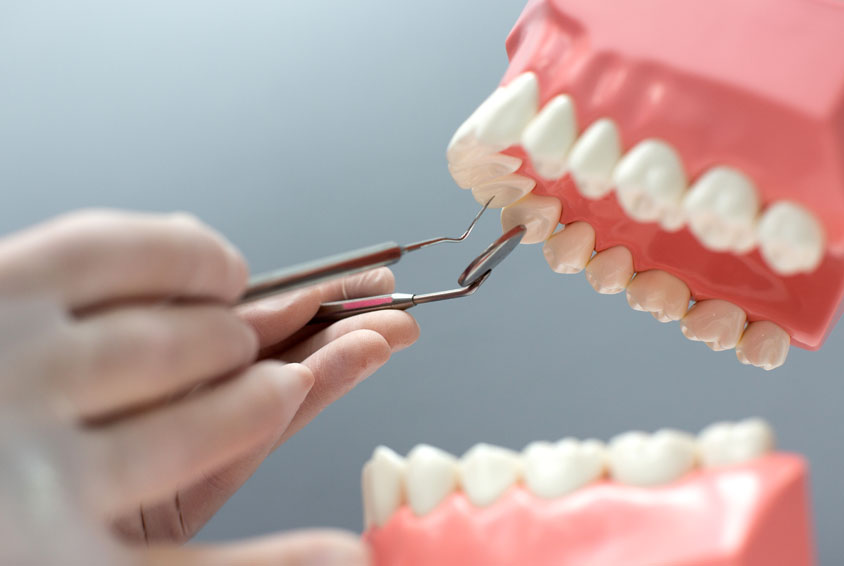General Surgery (Colorectal)
Colorectal surgery is the specialty that deals with diseases of the colon, rectum and anus as well as bowel problems such as constipation and defecation disorders. It is also concerned with the surgical aspects of benign conditions such as haemorrhoids or piles, anal fissures, ab-scesses, diverticulitis and inflammatory bowel disease. Colorectal surgery deals with the removal of cancerous tumors in the colon and rectum; de-tected by colonoscopies. Keyhole or minimally-invasive laparoscopic surgery procedures are commonly used for surgeries of the colon. Sur-gery involves making incisions in the abdomen, through which laparoscopic instruments are in-serted using advanced imaging guidance to re-move tumors.
Removal of an entire section of your colon, known as a colectomy can be performed as an open surgery, where an incision is made in the abdomen, and a section of the colon is re-moved; or by laparoscopic or keyhole method, a minimally-invasive procedure. Robotic option, where the surgical instruments are guided by a robotic system is also available.










